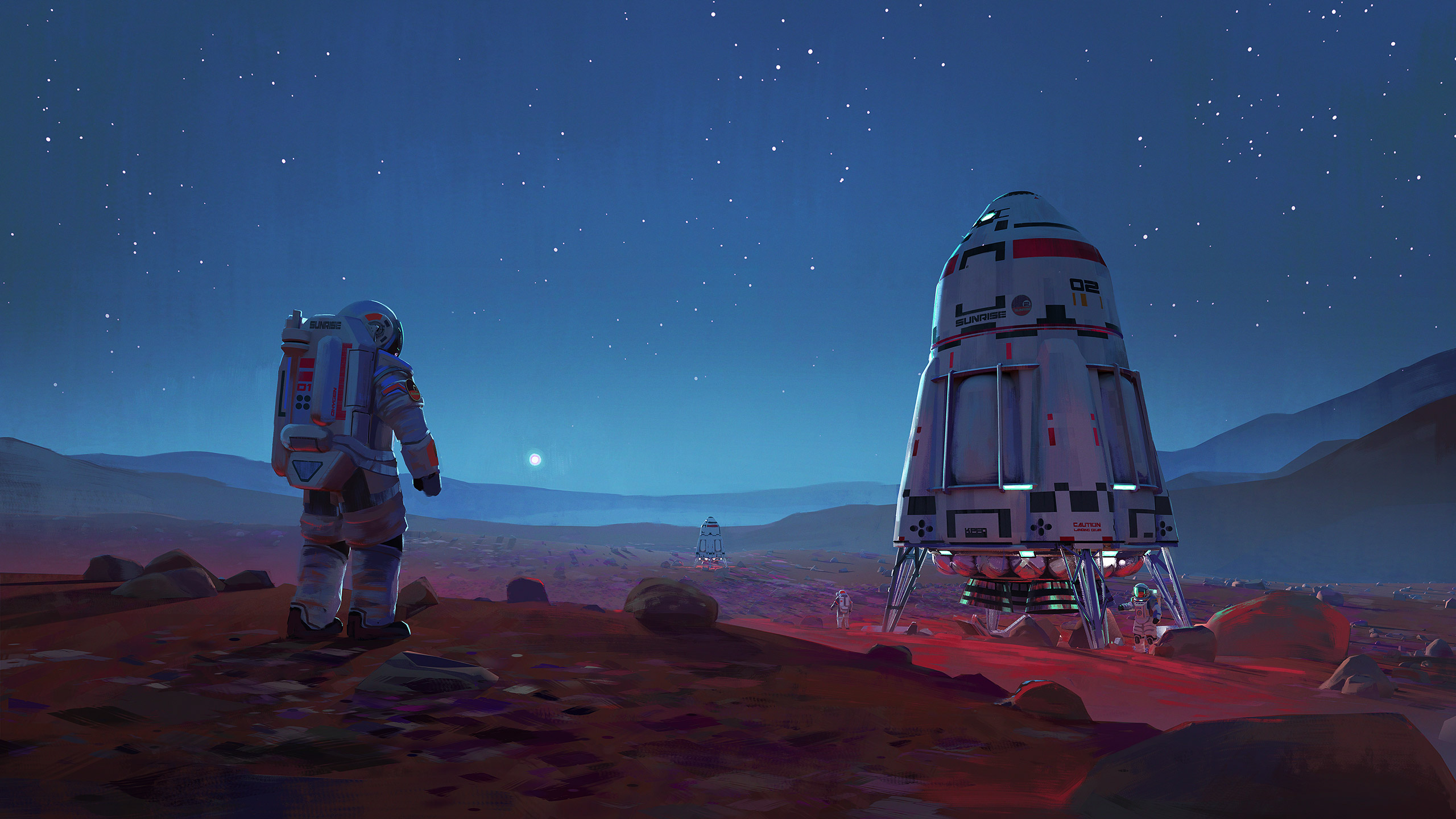For centuries, humans have gazed up at the stars and wondered what lies beyond our own planet. With the advancements in technology and the increasing interest in space exploration, the future of space colonization seems closer than ever before. The possibility of life on other planets, resources that can be harvested from space, and the promise of a new frontier have captured the imagination of scientists, entrepreneurs, and dreamers alike. In this article, we will explore the future of space exploration and colonization and the possibilities that await us beyond our own planet.
Why Space Exploration and Colonization Matter
Space exploration and colonization are important for several reasons. First, space exploration can help us better understand our own planet and the universe around us. We can learn more about the origins of our solar system, the properties of different planets and moons, and even the possibility of extraterrestrial life. Second, space exploration can provide us with new resources that can be used to improve life on Earth. For example, asteroids and other celestial bodies may contain valuable metals, minerals, and other resources that can be harvested for use in manufacturing and other industries. Finally, space colonization can provide us with a new frontier, offering new opportunities for exploration, research, and innovation.
The Future of Space Exploration and Colonization
So, what does the future of space exploration and colonization look like? There are several key developments that are likely to shape the future of space exploration in the coming years.
First, private companies such as SpaceX and Blue Origin are leading the charge in developing reusable spacecraft that can reduce the cost of space travel. These companies are also working on developing rockets and other technology that will make it possible to send humans to Mars and other planets in the coming years.
Second, there is a growing interest in the idea of space mining. As mentioned earlier, asteroids and other celestial bodies may contain valuable resources that can be harvested for use on Earth. Several companies are working on developing technology that will make it possible to extract these resources and bring them back to Earth.
Third, there is a growing interest in the possibility of establishing a permanent human presence on Mars. NASA and SpaceX are both planning missions to Mars in the coming years, with the goal of establishing a human settlement on the planet. This would be a major milestone in space exploration and could pave the way for future colonization efforts.
Finally, there is a growing interest in the search for extraterrestrial life. Scientists are using advanced telescopes and other technology to search for signs of life on other planets and moons in our solar system. While we have not yet found definitive evidence of extraterrestrial life, the search continues and may one day lead to one of the most significant discoveries in human history.
Conclusion
The future of space exploration and colonization is an exciting and rapidly developing field. With advancements in technology, the increasing interest in private space travel, and the possibility of discovering new resources and life on other planets, the possibilities are endless. As we continue to explore the final frontier, we will undoubtedly face challenges and setbacks. However, the promise of a new frontier and the potential benefits for humanity make it a worthwhile endeavor. The future is bright for space exploration and colonization, and we can’t wait to see what lies beyond our own planet.
